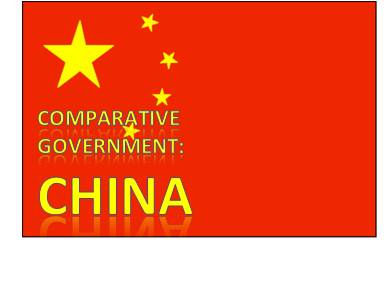
According to a March 5 article from from The Economist, Chinese Prime Minister Wen Jiabao announced at the first day of the annual National People's Congress a mere 7.5% increase in military spending, down from 17.8% last year. Amid tensions due to recent arms sales to Taiwan by American manufacturers, this figure was quite unexpected, as most analysts were expecting an increase well above 10%. In fact, the Chinese government has not offered such a low increase in the military budget in the past 20 years. The rest of the world is left to ponder this sudden double take in the Chinese military budget: perhaps the government expects difficult times, despite China's relative success in the recession, perhaps the government sincerely is attempting to ameliorate its menacing image as a military threat. Pentagon analysts assert that China's military accounts have traditionally shortchanged the number of yuan spent on the military budget. For example, last year China declared a budget of $60 billion, while American estimates range from $105 to $150 billion. However, this year's shockingly low increase should not be cast aside. China could have easily declared a increase of as high as 20%, further reinforcing strained relations with neighboring countries such as Taiwan. The new figure also demonstrates a new air of caution that Beijing has taken in response to tell-tale signs of a possible housing crisis and the wearing off of stimulus cash. Either way, the reduced military estimate bodes well for foreign powers looking for a friendlier relationship with China.
This shift in economic measures demonstrates China's increasing insecurity about its future economic performance. Although China boasts a economic growth rate of 8+%, as Prime Minister Wen was only too quick to point out in his two hour speech, this withdrawal in military spending indicates that Chinese leaders are taking greater measures to preserve this economic prosperity by cutting down in the annual military fiscal increase. The lower rate of increase also shines a light on China's efforts to improve international relations. International figures have obviously had some effect on China's image, and Chinese leaders are clearly willing to work on their common perception as a major military threat. The question of legitimacy also arises when discussing whether these figures will be upheld, as in the past China's military estimates are much lower than their actual value. The Economist calls the Chinese budgets "opaque," emphasizing the lack of transparency when declaring military spending, calling the authenticity of the figures cited by the National People's Congress into question.
Photo source: Remko Tanis, http://www.flickr.com/photos/remkotanis/4408321612/
Grade This Post







No comments:
Post a Comment